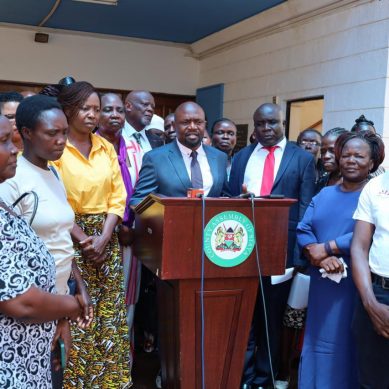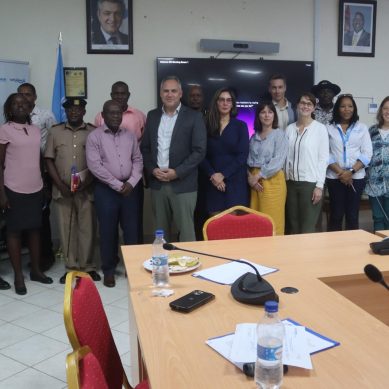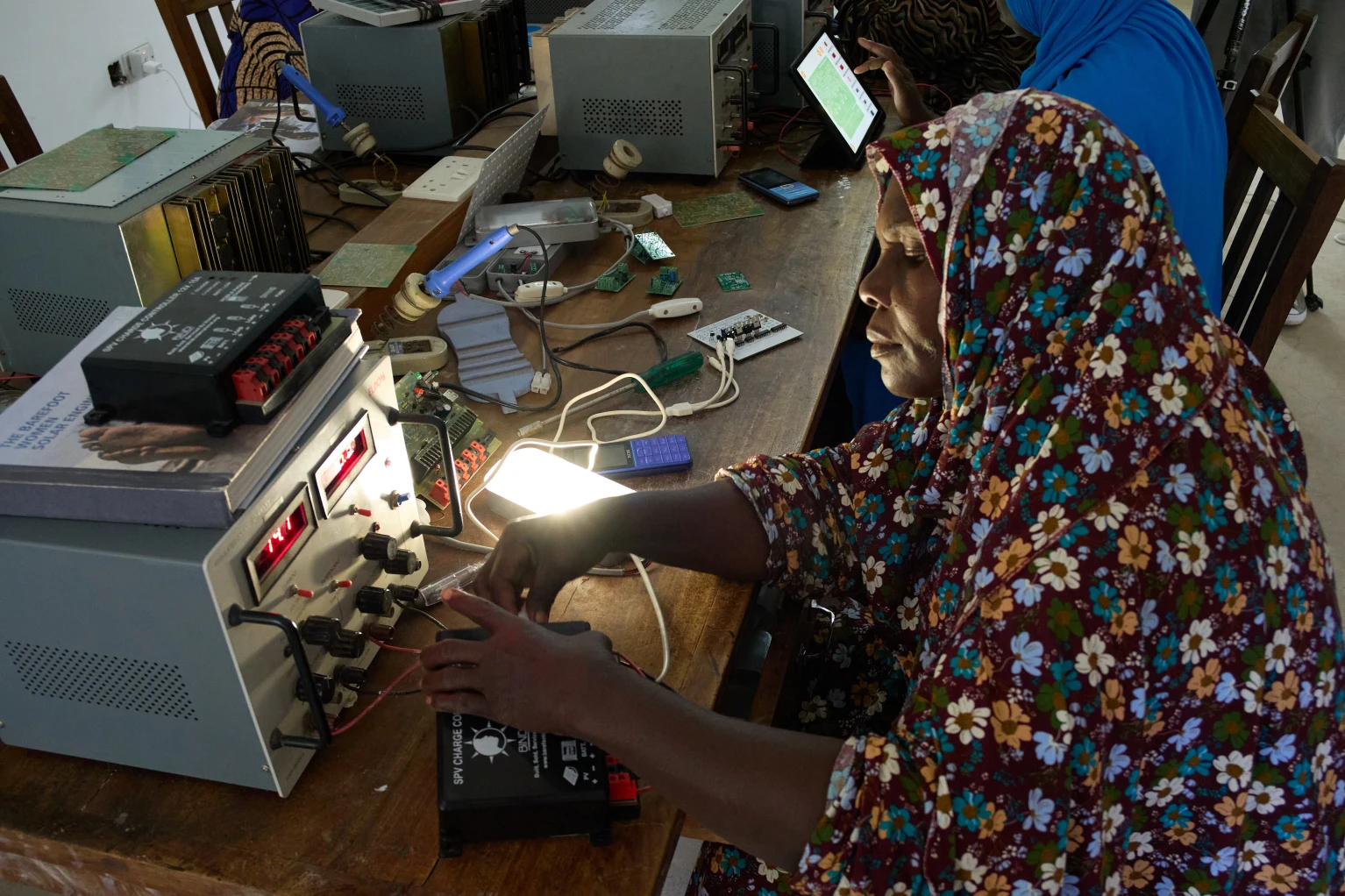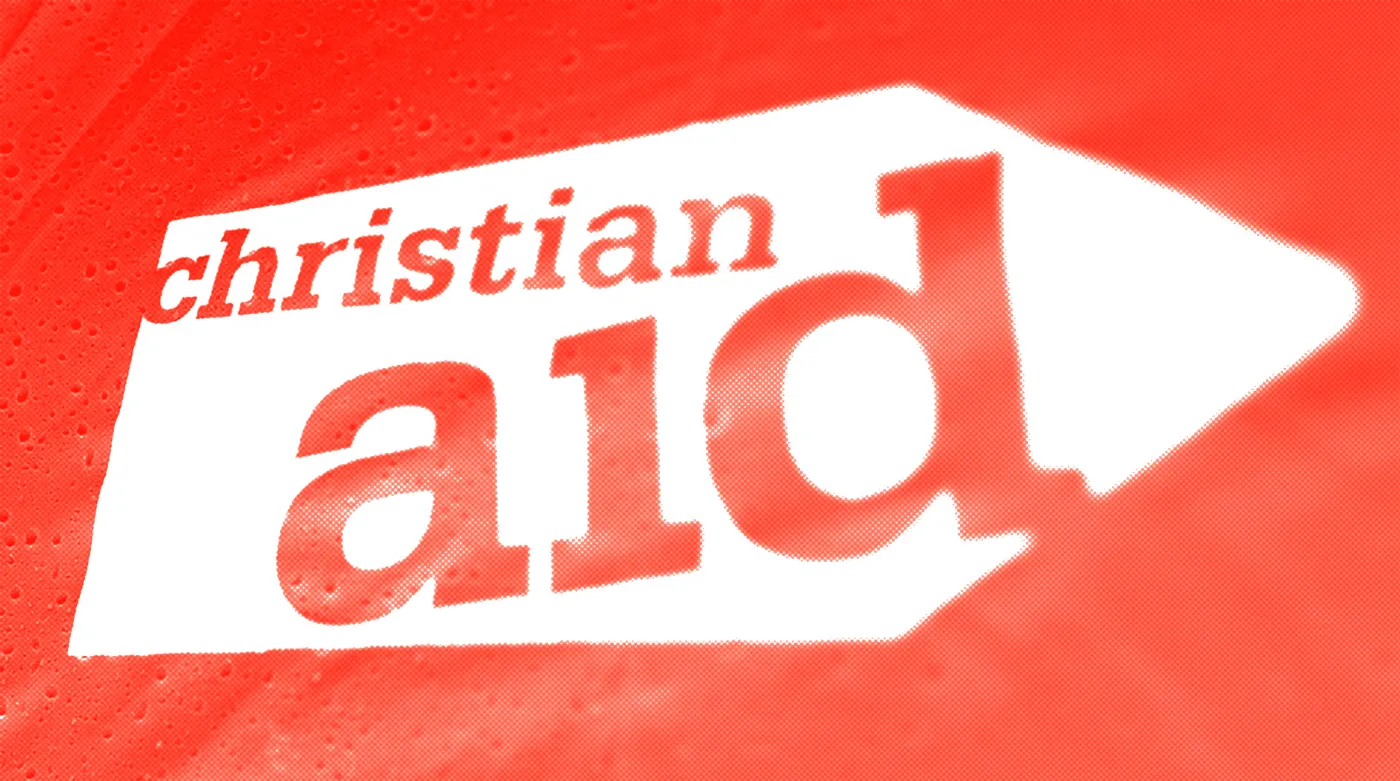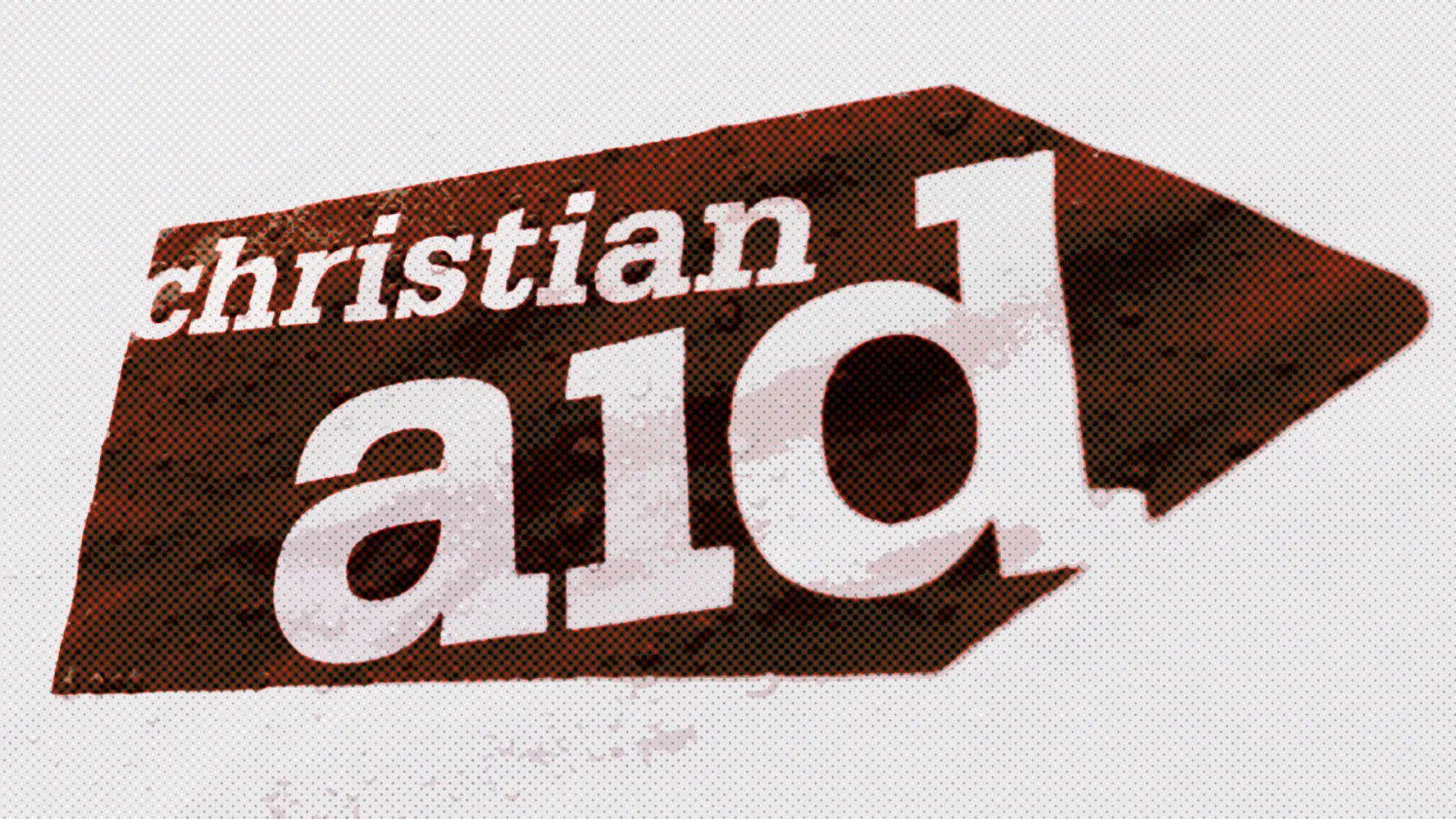
Staff concerns about the make-up of Christian Aid workforce in Gaza Strip have been heightened by a slew of recent internal controversies in the relief organisation.
In April 2024, staff complaints led to the resignation of then-board member Giles Fraser. Fraser, a journalist and self-described Zionist, had published an essay days earlier about the “radical anti-Israeli side to Palestinian Christianity”. In the essay, he described a Tel Aviv neighbourhood populated by East African immigrants as “rubbish-filled”, “dangerous”, and home to “raggedy toothless prostitutes”.
“We are grateful for the contribution Giles Fraser made during his time as a trustee,” the spokesperson said. “It was his decision to step back, and we wished him well. As ever, Christian Aid remains committed to working with others to combat poverty and injustice and campaign for change.”
Later that year, after receiving criticism by the Presbyterian Church in Ireland, a major donor, Christian Aid deleted from its website a toolkit developed by a partner organisation to help lesbian, bisexual, transgender, and queer women affected by conflict.
“Christian Aid’s decision to pander to queerphobic funders, rather than stand by the work of our colleagues… is disgusting and completely contradicts Christian Aid’s proclaimed values,” said an open letter drafted by the organisation’s LGBTQIA+ and allies’ network.
At least two people involved in developing the deleted toolkit resigned from Christian Aid, according to internal communications. The spokesperson said the deletion of the toolkit “does not reflect any change in attitude of support for LGBTQ+ staff”.
“The toolkit was removed from the website because it was giving the mistaken impression that it was a Christian Aid policy document reflecting a change of practice of not adopting any policy or agenda on issues of gender identity and human sexuality in our work,” they said.
The CEOs of both Christian Aid and Christian Aid Ireland met with staff to hear their concerns about the deletion of the toolkit, according to the spokesperson.
“Christian Aid is a diverse, welcoming, inclusive and safe place to work regardless of background or sexual orientation,” they said.
“We’ve all got plenty of stories about partners being censored,” one of them said.
In September 2024, Christian Aid’s media and fundraising teams deliberated over a video submitted by one of its partners, the Palestinian Centre for Human Rights, to be included in a fundraising appeal. In the video, a 15-year-old girl stands among white tents and poses questions on behalf of children in Gaza.
“When will the war end? And if this war were happening to you, would it reach such a level of brutality? Would we see images of your children’s heads being cut off while you are safe in your homes?” the girl says in a cut of the video.
A previous cut had included the line: “Is it really so difficult to eliminate Netanyahu’s government?” Christian Aid removed the line with permission from PCHR and from the girl, although the girl reiterated, according to an internal communication, that “her call was to challenge and overcome the current government”.
But even with the line about Israeli Prime Minister Benjamin Netanyahu removed, Christian Aid ultimately decided not to publish the video.
“There is some strong content here, but there are parts I’m not happy to put out, primarily the line about ‘heads being cut off’,” one member of the fundraising team said, adding that he was also uncomfortable with the video’s accusatory tone.
Several colleagues protested and asked for the video to be published.
“Appeals are of course about fundraising – and that requires thinking about how difficult messaging can land with the target audience,” one staff member said. “They are also an opportunity to stand alongside our partners and to push the boundaries of what people understand about difficult contexts.”
“By withdrawing the video, it could be construed that we either don’t fully believe that she has seen what she claims to have seen, or we feel the need to sanitise the reality of war,” said another staff member.
“It’s wrong that we’re censoring the real stories and experiences of our partners,” another said.
Staff discontent over Christian Aid’s communication guidelines coincides with the organisation phasing out direct implementation to adopt “a much stronger, locally led response” based on a “partner-based approach”.
“We want to work with organisations whose strategies and approaches overlap with ours,” Christian Aid CEO Patrick Watt. “That doesn’t mean that everything we do and everything our partners do will be the same. It’s about finding common ground.”
That common ground does not appear to include how to describe what Christian Aid’s partners in Gaza are experiencing themselves. Participants in the September 18 meeting mentioned that partner organisations’ workers were being displaced amid Israel’s ongoing assault on Gaza City.
Six partner organisations mentioned in Christian Aid’s 28 August script – the Palestinian Medical Relief Society, Culture and Free Thought Association, Agricultural Development Association, Palestinian Centre for Human Rights, Women’s Affairs Centre, and Young Men’s Christian Association Palestine – have described the situation in Gaza as genocide or endorsed statements using the term.
The script includes quotes from two of those organisations describing the “horrifying and terrifying” sound of bombs exploding in Gaza and the ensuing “destruction, loss and profound grief”.
“The memory of loved ones lost, the courage of my colleagues, and the resilience of my people inspire me every day to keep going. It is my way of honouring them, and of holding onto hope,” reads one quote from a PCHR representative.
Neither quote mentions Israel or uses any of the wording prohibited by Christian Aid’s language guide.
Christian Aid’s spokesperson said the organisation does not censor or manipulate partners’ statements.
“Christian Aid’s partnership approach is founded on principles of mutual respect, shared values, and a commitment to empowering local actors,” they said. “When editorial choices are taken, they are made with this approach at its heart and in line with agreed messaging.”
The day the UN commission released its report, multiple Christian Aid staff members asked in a work chat whether they were still under orders not to use the term “genocide”.
Colleagues then began circulating a new script drafted by a member of the media team. The advice follows the “ABC” method – “a widely used guidance… on how to approach media questions in a way that reflects our values and priorities”, according to Christian Aid’s spokesperson.
According to the guidance, staff are to acknowledge the UN commission’s conclusion that Israel has committed genocide before adding: “This is an issue for international humanitarian law.”
Next comes a bridge statement acknowledging an undeniable “campaign of violence on civilians”.
The third step is to “control” or “pivot” the question by outlining Christian Aid’s previous advocacy for aid access, halting arms sales to Israel, and a ceasefire that would both “end the suffering and see the hostages released”.
The advice concludes: “Return back to what our partners are doing and how supporters can help.”
- A Tell Media report / Republished with the permission of The New Humanitarian
